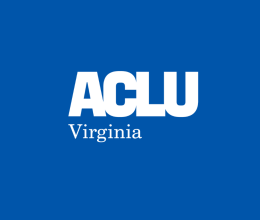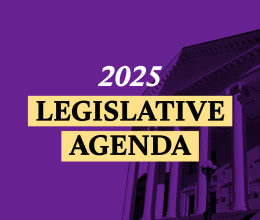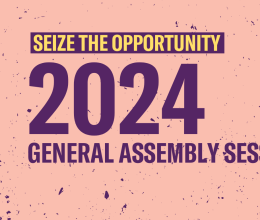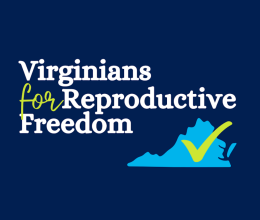
When the U.S. Supreme Court overturned Roe v. Wade, it struck a devastating blow to the rights of women and people who can get pregnant in our country.
It's clear extremists will not be satisfied with banning abortion, but are also trying to restrict access to contraception and fertility treatments, and criminalize pregnant people who experience complications like miscarriage.
During the 2024 General Assembly session, we defeated every anti-reproductive freedom bill that was introduced – but the fight is far from over.
Everyone should have the right to access the reproductive healthcare they need, including abortion.
The only person who should make decisions about reproductive healthcare are the people seeking care. Yet some politicians continue to push for laws and policies that infringe on our freedoms.
We’ll fight on every level – at the legislature, in our communities, in our courts, and at the ballot box – to ensure Virginia remains a safe haven for all of our reproductive freedoms, including abortion.
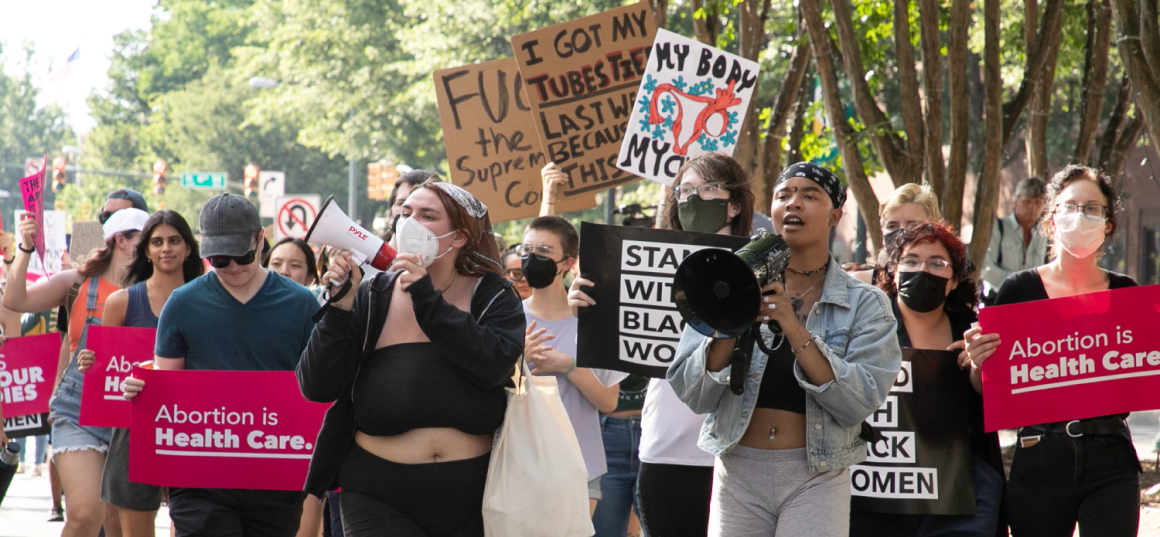
- The only person who should have the right to decide what reproductive care they get is the person seeking that care.
- Nobody should be prosecuted or imprisoned for having or providing reproductive healthcare, including abortions, miscarriages, or any other pregnancy outcome.
- Virginians’ reproductive freedoms should be enshrined in Virginia’s constitution in order to fully protect and guarantee them.
- Access to reproductive healthcare should be free from discrimination of any kind, including on the basis of race, religion, gender identity, sexual orientation, immigration status, incarceration status, disability, geographic location, socioeconomic status, or language proficiency.
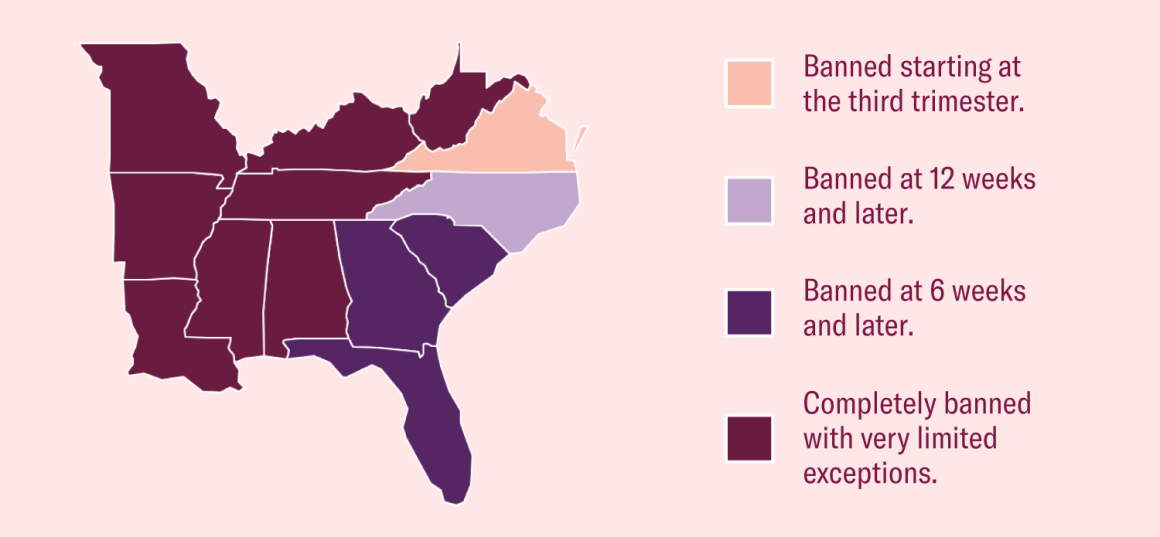
-
Virginia is the last state in the South without an abortion ban or extreme restrictions on reproductive freedom.
-
Virginia saw a 76 percent increase in abortions between 2020 and 2023. (Guttmacher Institute).
-
By May 2024, 30 percent of new appointments were made by patients coming from abortion ban or extreme restriction states (Virginia League of Planned Parenthood).
-
A recent poll found Virginians overwhelmingly support reproductive freedoms (HIT Strategies). Key findings include:
-
The top reason Virginians support a reproductive freedom constitutional amendment is to protect everyone’s fundamental right to control their own body.
-
61 percent of Virginians want legislators to take measures to protect the right to abortion.
-
Over 30 percent of Virginians who are personally against abortion feel that there is not a role for government interference in reproductive healthcare decisions.
-
Virginia voters value patient-doctor confidentiality, while feeling strongly that medical professionals should not be criminalized for providing reproductive healthcare.
-
- Abortion is still legal in Virginia. If you have an abortion scheduled, show up to your appointment – you can still legally have an abortion here.
-
Medical providers must obtain written consent from someone before they can perform an abortion. If a person is unable to legally give consent, then their parent, guardian, conservator, or whoever else has the ability to consent on their behalf must agree.
- If you are under 18 and need abortion care, but do not want to involve a parent or guardian, you can request a judicial bypass. To seek a judicial bypass, you need to go to court and answer questions before a judge to show that you are mature enough to make your own decision or that having an abortion is in your best interest. If you need help seeking a judicial bypass, email intake@acluva.org.
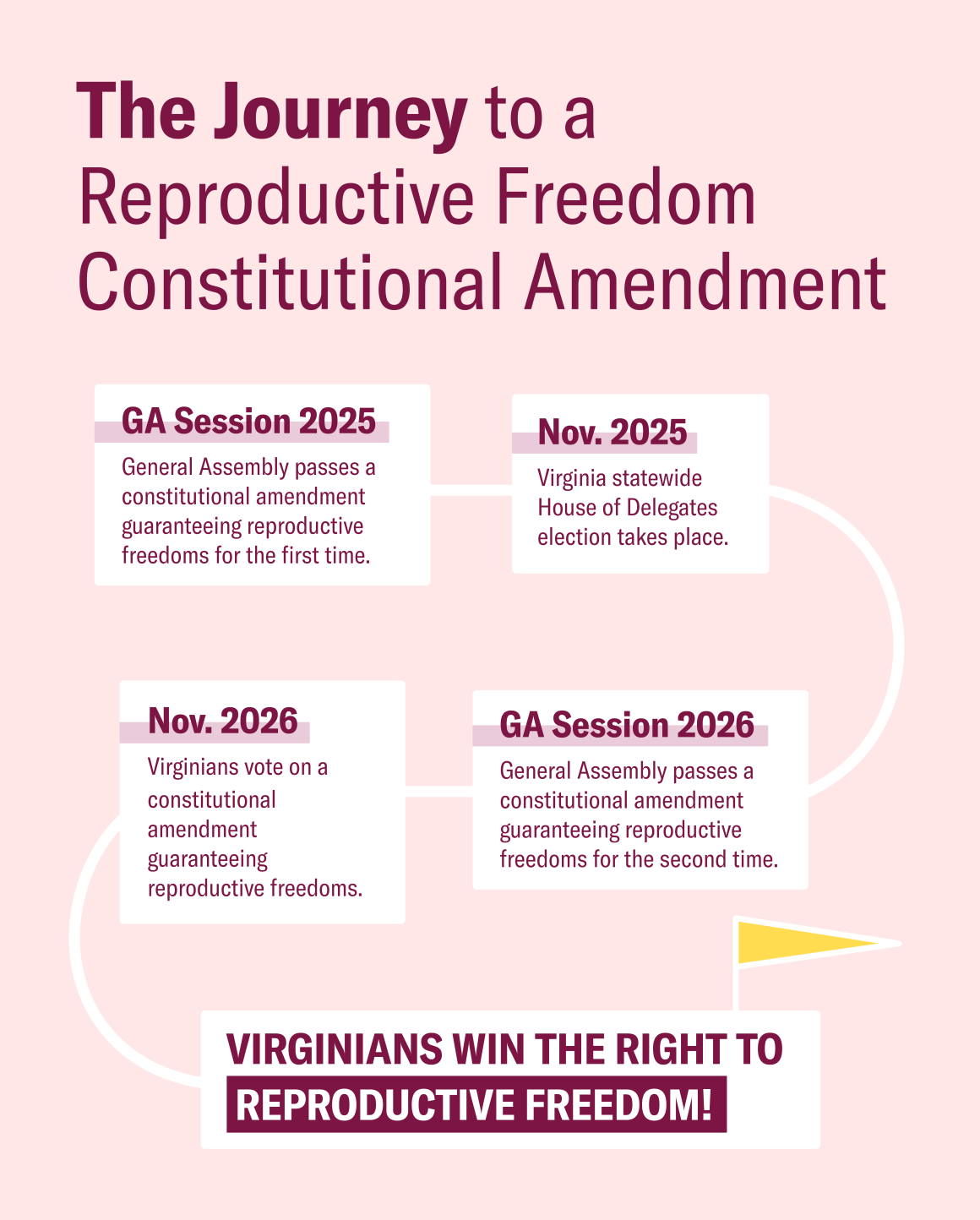
Virginia needs an amendment to its state constitution that affirms that every person has the fundamental right to reproductive freedoms, including the right to make and carry out decisions without interference about all matters relating to pregnancy, including abortion, birth control, prenatal care, and childbirth.
If passed, this amendment would protect these rights – no matter which party or politicians are in office.
Getting there won’t be easy. Unlike many states, Virginia requires the legislature to pass a bill with the exact same language two years in a row before it can even be included on a ballot for Virginians to vote on.
The journey to a constitutional amendment may be arduous, but, working together, the right to reproductive freedoms is a decision we can put in the hands of voters.
1. Sign the Reproductive Freedoms Pledge
Join Virginians from across the state in signing the Reproductive Freedoms Pledge.
Your signature tells legislators that you’re committed to guaranteeing Virginians’ access to reproductive freedoms. Plus, when you sign the pledge, you’ll receive continuous updates on the latest developments in the fight to advance a reproductive freedom constitutional amendment in Virginia to the November 2026 ballot.
Take action — sign the pledge today and join the movement!
2. Donate to local abortion funds
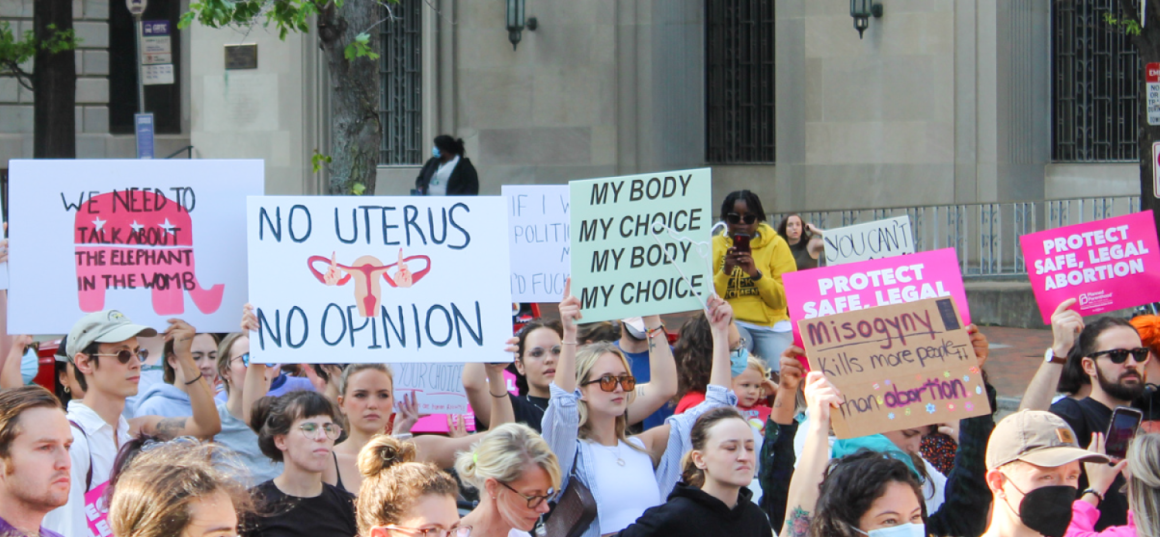
Having access to an abortion involves more than just having the legal right to do so. For many people, it means arranging childcare, or finding the money for travel.
That’s why donating to local abortion funds is so critical. To keep their doors open, get people the resources they need, and provide abortion services to people in our Commonwealth and beyond, local abortion funds need resources. Here are some great ones working in Virginia:
- Blue Ridge Abortion Fund - https://blueridgeabortionfund.org/donate
- Richmond Reproductive Freedom Project - https://rrfp.net/donate
- Hampton Roads Reproductive Justice League - https://hrrjl.com/donate
- New River Abortion Access Fund - https://newriverabortionfund.org/donate
3. Contact your legislator
Your lawmakers need to hear that this is an important issue to you. Send them an email: it takes less than three minutes, and it's already written it for you (but you can add your own thoughts, as well).
Tell them you will not vote for anti-reproductive freedom candidates in upcoming elections. Vote your values.
It is likely that you know someone who has had an abortion or other reproductive health issues.
It’s time to remove the stigma of reproductive healthcare. These stories are a first step.
